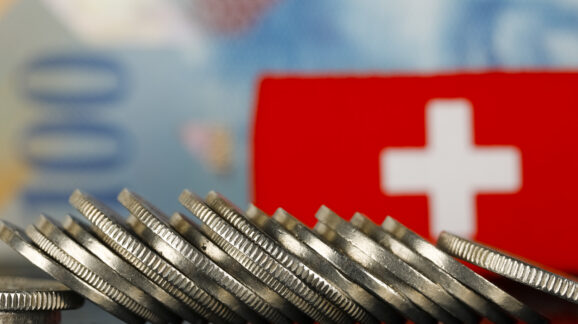New CEI paper: Toward a US-Swiss Free Trade Agreement

Photo Credit: Getty
Free Trade Agreements (FTAs) have gotten so large and unwieldy that they are almost impossible to pass. The result is lost economic opportunities for America and her allies, and weaker diplomatic alliances against China and Russia. In a new CEI paper, Kent Lassman and I outline an approach for jump-starting stalled FTAs. The basic idea is to start small and keep them simple.
Switzerland would make an excellent partner for a simple FTA test case. Both countries already have friendly relations and similar economic systems, which should make for easy negotiations. And the agreement should stick to trade issues only.
Transaction costs are a key concept for fixing the broken FTA process:
When the price of a something goes down, people typically demand more of it. One way to pass more FTAs is to lower the cost of passing them. Negotiations might not cost very much money, but they can have enormous costs in time, effort, and political capital.
Economists’ blanket term for these non-money costs is transaction costs. Transaction costs for FTA negotiations have grown enormously since the North American Free Trade Agreement (NAFTA) was signed in 1992 and implemented in the mid-1990s. Today’s FTAs are longer and more complex than in previous decades, and routinely include trade-unrelated issues such as environmental provisions, labor and regulatory standards, intellectual property, and other issues. Negotiations take years.
Each additional trade-unrelated provision is an additional failure point in negotiations, and can add hours, days, or even weeks and months of haggling. The more trade-unrelated provisions there are, the higher the transaction costs of negotiating an FTA. Higher transaction costs mean not only that fewer FTAs will pass, but that fewer will be negotiated in the first place.
The other key concept for simplifying FTAs is mutual recognition. This is the idea that if one partner country’s regulators approve a product, then the other partner countries automatically approve it as well. In the paper we describe how this would benefit both countries’ manufacturing, agriculture, financial, and pharmaceutical industries.
More importantly, consumers would benefit from more choices at more affordable prices. Mutual recognition with Switzerland would also have made it much easier for families to cope with the great infant formula shortage of 2022.
Read the whole paper here.